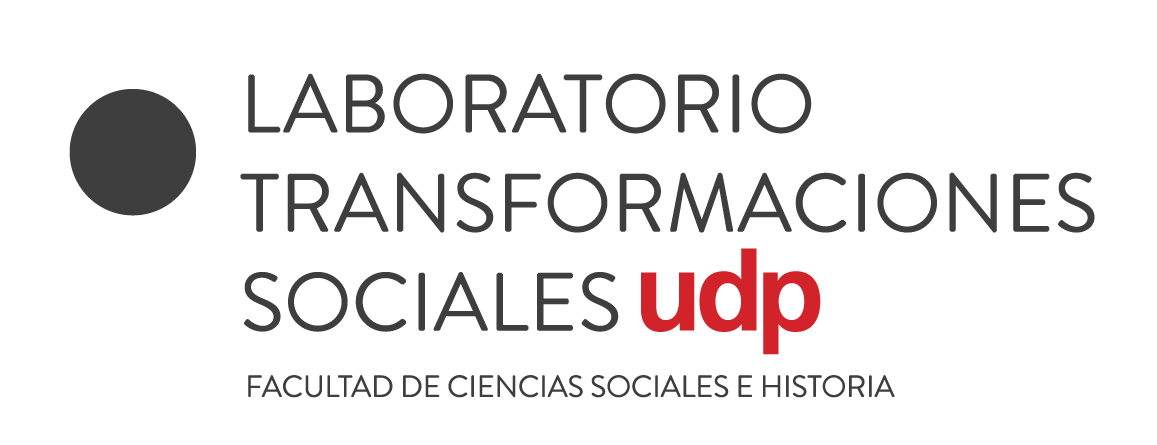¿Tiene la democracia todavía alguna posibilidad en Europa?
DOI:
https://doi.org/10.32995/0719-64232018v4n8-70Palabras clave:
Derecho constitucional, Democracia transacional, Esfera pública, Inclusión, Lucha de clasesResumen
La teoría de la volonté générale sigue siendo la teoría normativa de la democracia. Ésta es efectiva como realidad normativa en el derecho constitucional moderno y, en la sociología política, se presenta como una teoría de la democracia deliberativa (I). Sin embargo, su primera realización parcial en el sistema parlamentario francés de 1848 fracasó debido a la persistencia y arbitrariedad tanto del sistema como del Estado capitalista (II). No fue hasta cien años después de la revolución de 1848 que comenzó la realización –primero social y luego también sexual y cultural– de la democracia parlamentaria (III). El compromiso de clase y el equilibrio sistémico de la contradicción institucionalizada entre capitalismo y democracia fracasaron por problemas de crecimiento inducidos técnicamente (“sociedad post-industrial”) y por los intereses hegemónicos de clase y autoconservación del Estado y la economía, a partir de lo cual los grandes logros feministas, político-sexuales y culturales del capitalismo democrático (IV) se re-convirtieron en privilegios de clase (V). Este desarrollo regresivo, desencadenado por los propios estados nacionales, no pudo ser detenido por la Unión Europea, por lo que la rápida expansión y ganancia de poder de la Unión actuó de manera contraproductiva, amplificando y no amortiguando las consecuencias negativas de la globalización (VI). El camino de salida de esta mezcla mortal de autoritarismo y economía de mercado autoregulada es la reanudación del programa del socialismo democrático (VII). Este programa nunca puede tener lugar en un solo país, sino que, como Marx observó correctamente, necesariamente en todos al mismo tiempo. Aquello supondría un primer paso, riesgoso pero inevitable, a saber: la parlamentarización amplia de la UE o la Eurozona (VIII).
Descargas
Publicado
Cómo citar
Número
Sección
Licencia
Derechos de autor 2018 Hauke Brunkhorst

Esta obra está bajo una licencia internacional Creative Commons Atribución-SinDerivadas 4.0.

Este obra está bajo una licencia de Creative Commons Reconocimiento-NoComercial-CompartirIgual 4.0 Internacional.



